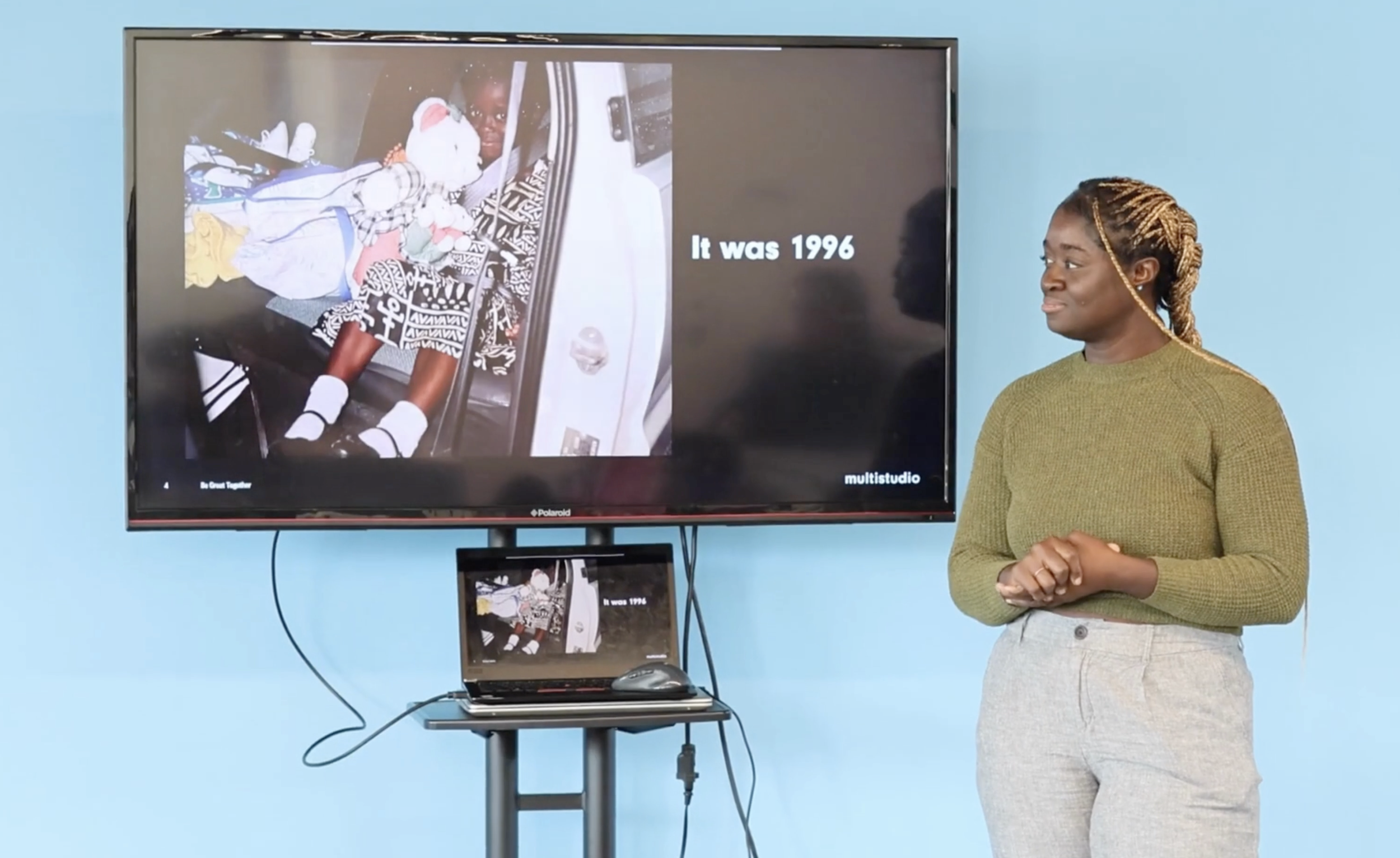Multistudio's STEAM Studio: Empowering Students Through Culturally Responsive Instruction
In the field of architecture, there are individuals who not only excel in their profession but also make significant contributions beyond their daily work. Tabitha Darko, a project architect at Multistudio, is one of those remarkable people. As part of BeGreat Together’s "Reflections of Success" program, Tabitha recently hosted Kansas City Public Schools’ Global Academy students at Multistudio's innovative "STEAM Studio," where she shared some of her personal journey and the inspirations that led her to pursue a career in architecture. The STEAM Studio is an immersive space that integrates science, technology, engineering, arts, and mathematics (STEAM) to foster creativity, problem-solving skills, and critical thinking. Tabitha's interaction with the students was not only educational but also inspiring.
During the session, Tabitha provided valuable insight into the challenges and triumphs she experienced after she immigrated to the U.S. at the age of five with her parents. Growing up with opportunities to explore her creativity, she developed a deep appreciation for the positive impact of thoughtfully designed spaces, which ultimately influenced her decision to become an architect. By sharing some of her story, Tabitha encouraged the students to embrace their own unique backgrounds and experiences, reminding them that diversity and inclusivity are essential components of architecture and society as a whole.
Tabitha Darko engaging Global Academy students in Multistudio’s STEAM Studio
Tabitha's engagement with Global Academy’s students exemplifies the significance of culturally responsive instruction. As highlighted in the research conducted by the U.S. Department of Education’s Institute of Education Sciences (IES), culturally responsive instruction recognizes the diverse backgrounds, experiences, and cultures of students. This approach promotes inclusivity, academic engagement, and a sense of belonging among students, ultimately leading to improved educational outcomes.
According to the IES research on culturally responsive instruction, there are several key findings that emphasize its importance:
Academic Achievement: Culturally responsive instruction has been linked to increased academic achievement across various subjects and grade levels. Students who experience culturally responsive teaching methods have shown higher test scores and improved grades.
Student Engagement: Culturally responsive instruction enhances student engagement by creating an inclusive classroom environment where students feel valued and connected to the content. This approach encourages active participation, critical thinking, and meaningful discussions.
Closing Achievement Gaps: Culturally responsive instruction has proven effective in narrowing achievement gaps among students from different cultural backgrounds. By acknowledging and integrating students' diverse perspectives, educators can address disparities in academic outcomes.
Social-Emotional Well-being: Culturally responsive instruction positively impacts students' social-emotional well-being. Students feel a sense of validation and belonging when their cultural identities are acknowledged and incorporated into the learning process. This leads to increased self-confidence, self-esteem, and overall positive mental health.
Tabitha Darko’s facilitation and participation in our “Reflections of Success” program exemplifies the power of multiculturalism and the importance of embracing diverse perspectives in the field of architecture. Through her engagement with Global Academy students, Tabitha helped emphasize the significance of culturally responsive instruction and the impact it can have on students’ futures.


